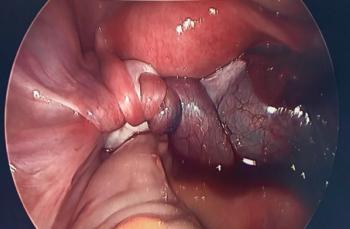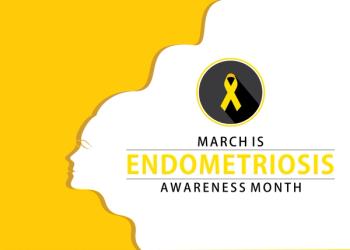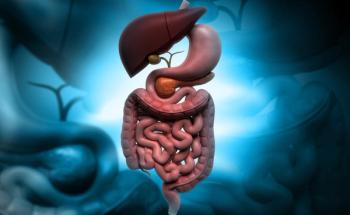
How important are the experts?

How important are the experts?

Take a look beyond the cover of Contemporary OB/GYN®'s March issue.

Experts take a look at 2 cases to understand abnormal uterine bleeding in adolescents and provide a useful screening tool.

Torsion of adnexal structures can occur in pregnant women, women post-hysterectomy, and postmenopausal women.

National awareness months and days span a variety of topics, from celebrated foods (think National Ice Cream Day, National Bagel Day, National Pizza Day) to businesses (free Slurpee at 7-Eleven) to our terrain: health issues. March alone is a national health awareness month for over 10 conditions, one of which is endometriosis.

Among other things, March is Women’s History Month, giving us an opportunity to acknowledge and appreciate the contributions women have made to society at large while enhancing their own lives.

A survey in the American Journal of Obstetrics & Gynecology revealed that patients with chronic gynecologic pain were twice as likely to use social media to understand or manage their condition than those without pain, at 37.8% vs 19.7% respectively.

Contemporary OB/GYN® Associate Editor Lindsey Carr sat down with Jessica Shim, MD, an attending at in the Division of Gynecology, Department of Surgery, Boston Children’s Hospital; Harvard Medical School Boston, Massachusetts, to discuss Myfembree (relugolix, estradiol, and norethindrone acetate tablets; Myovant Sciences, Pfizer) and its possible approval in May 2022.

An oral abstract presentation at SMFM’s 42nd Annual Pregnancy Meeting explored cfDNA testing and participants’ knowledge and willingness of genetic data sharing.

Among women with vulvovaginal candidiasis (VVC) or recurrent VVC (RVVC), the 3 most common signs and symptoms are itching (91.2%), burning (68.3%), and redness (58.1%), according to an online patient survey in BMC Womens Health.

Often based on racial/ethnic, socioeconomic, and age-based assumptions

Being Non-Hispanic (N-H) Asian is a significant influencing factor for the number of gastrointestinal (GI) symptoms and the severity scores of GI symptoms, according to a study of 4 major racial/ethnic groups of midlife women in the United States.